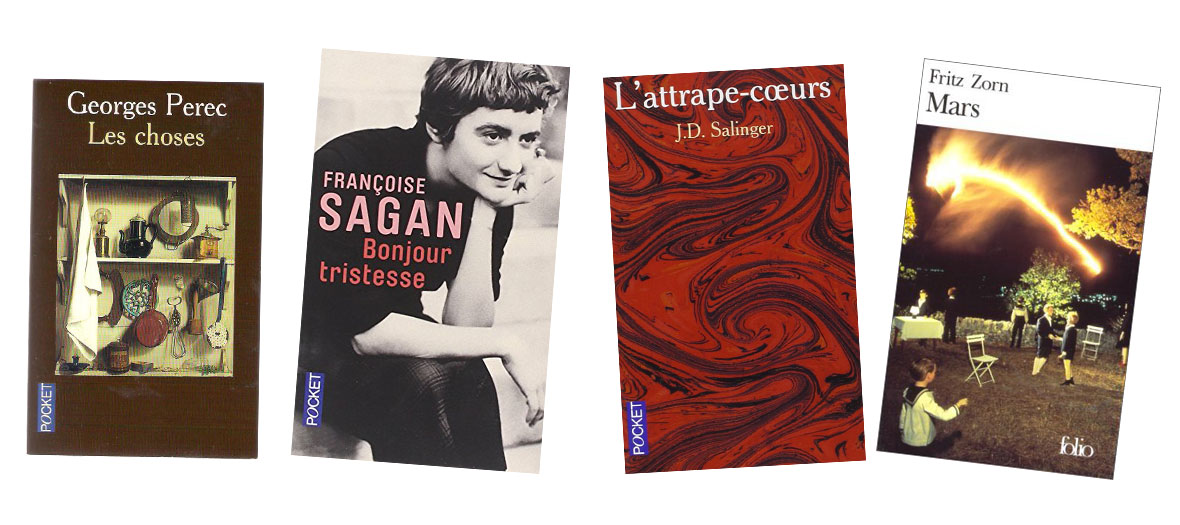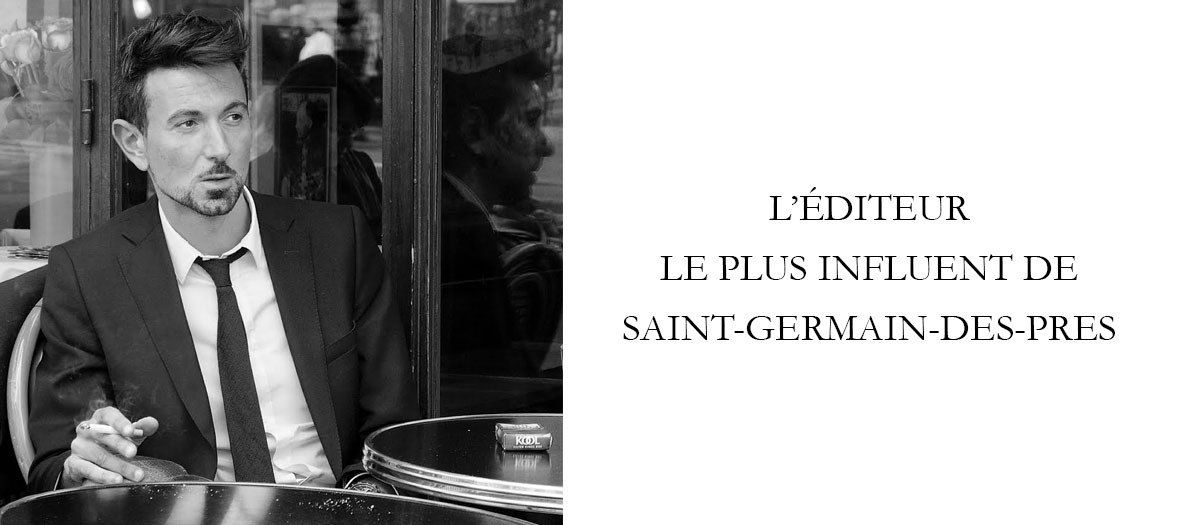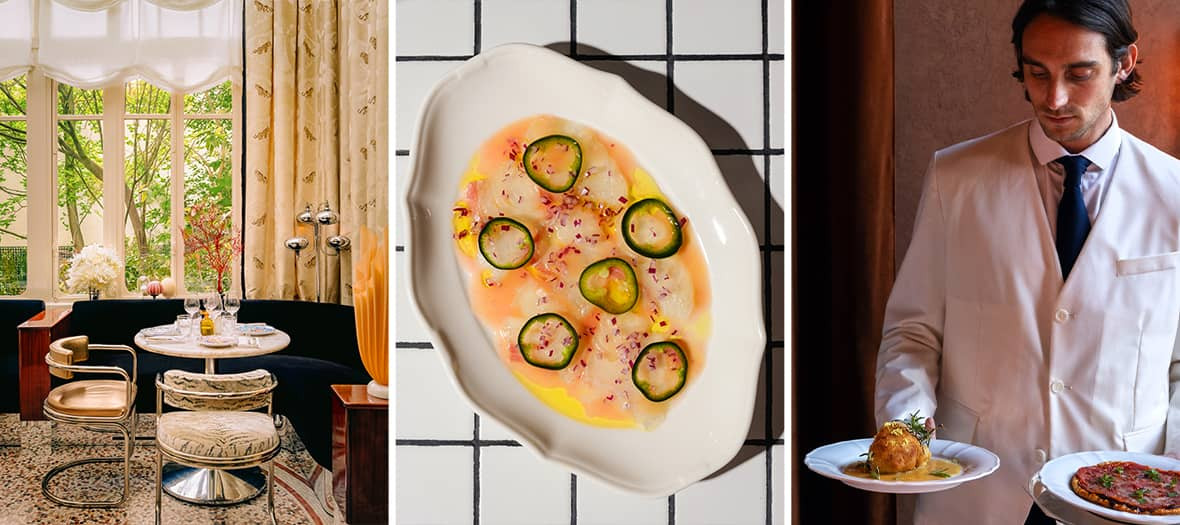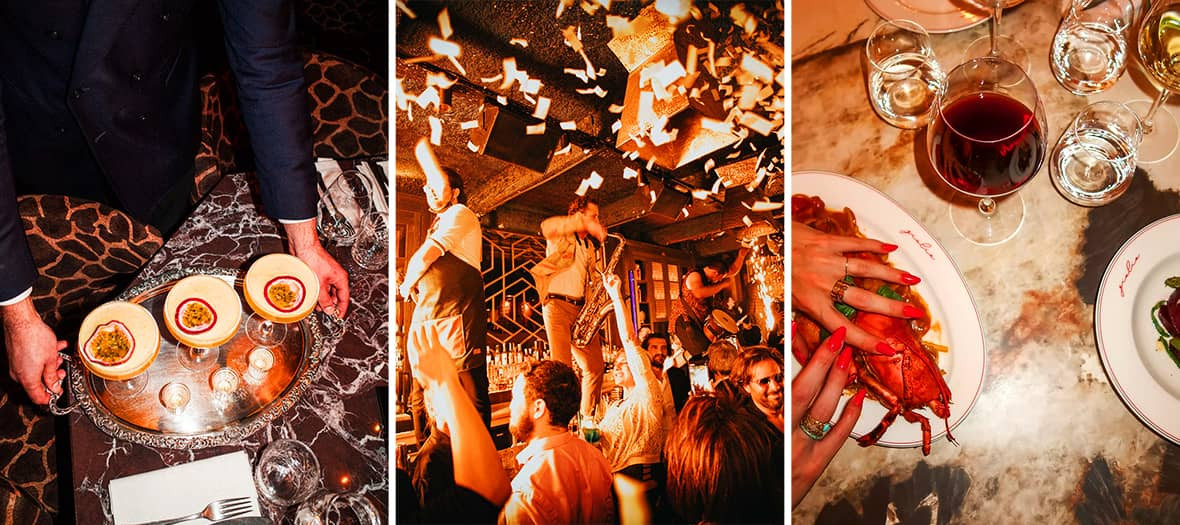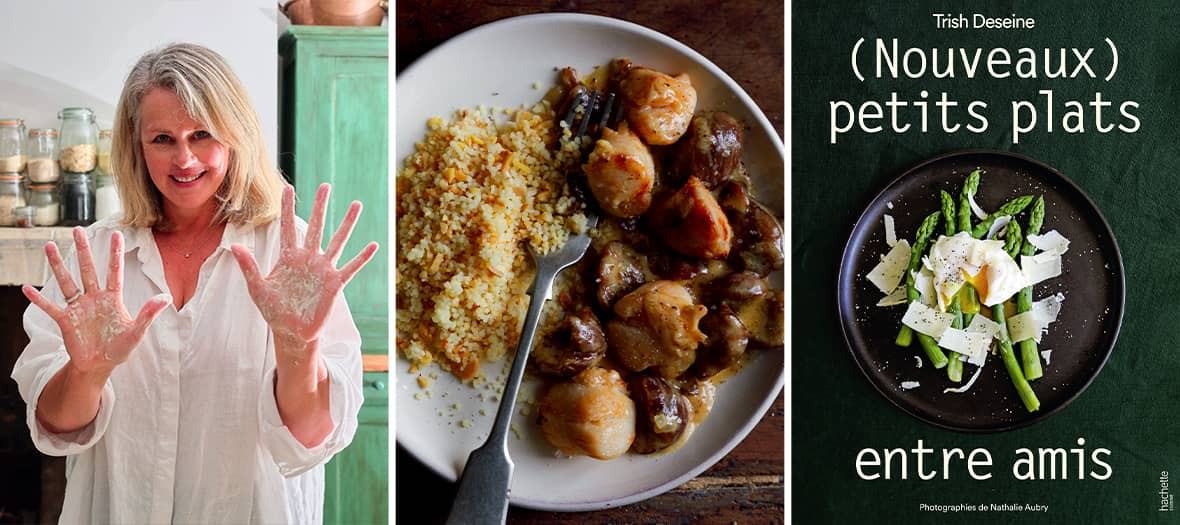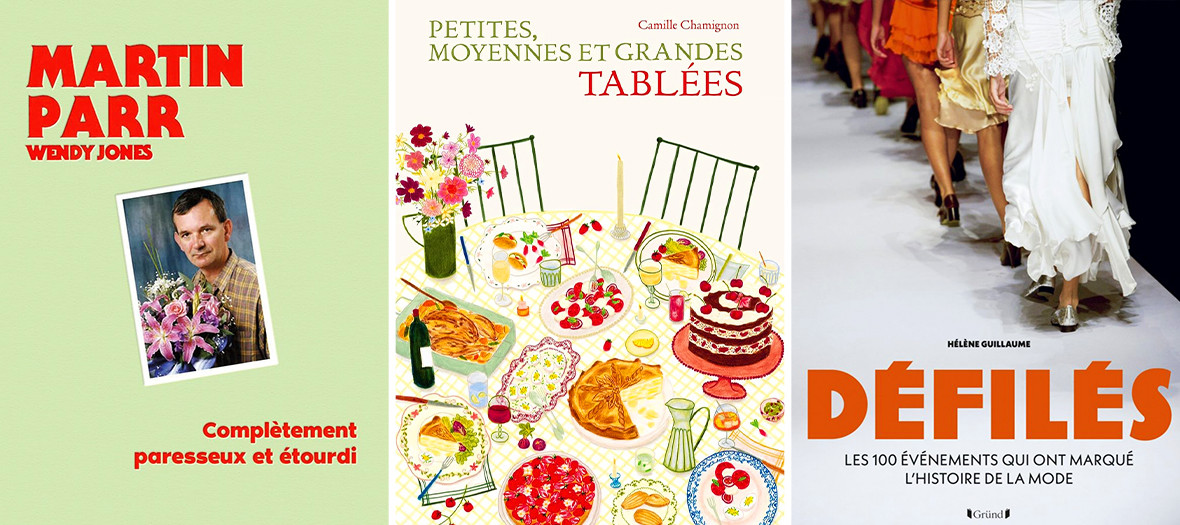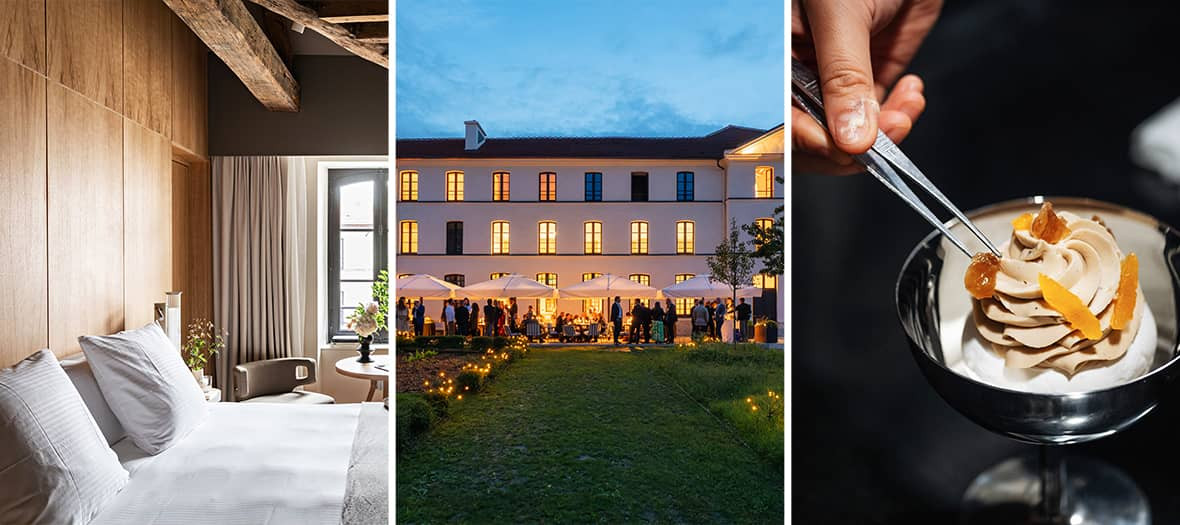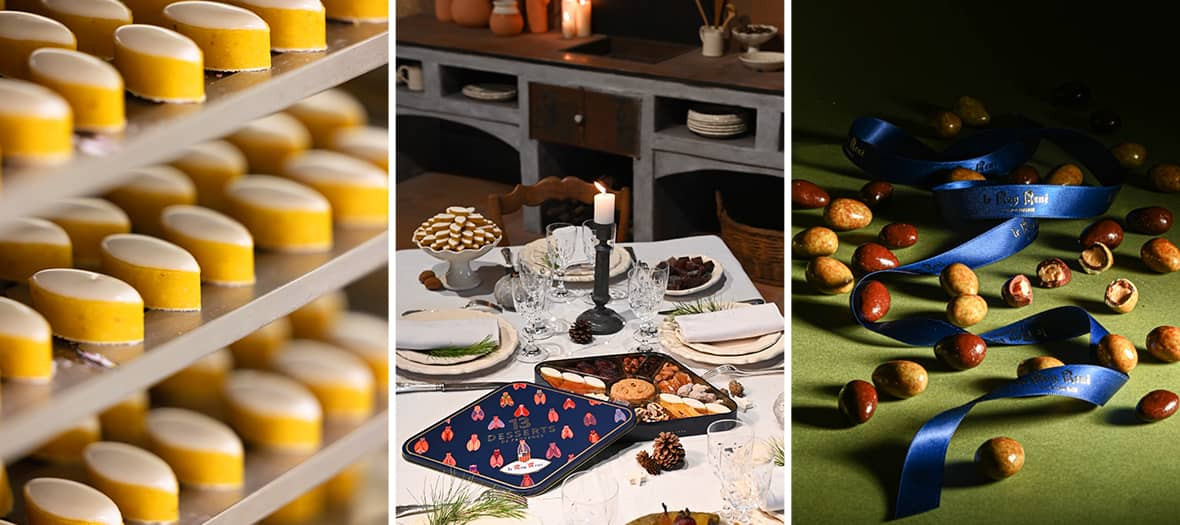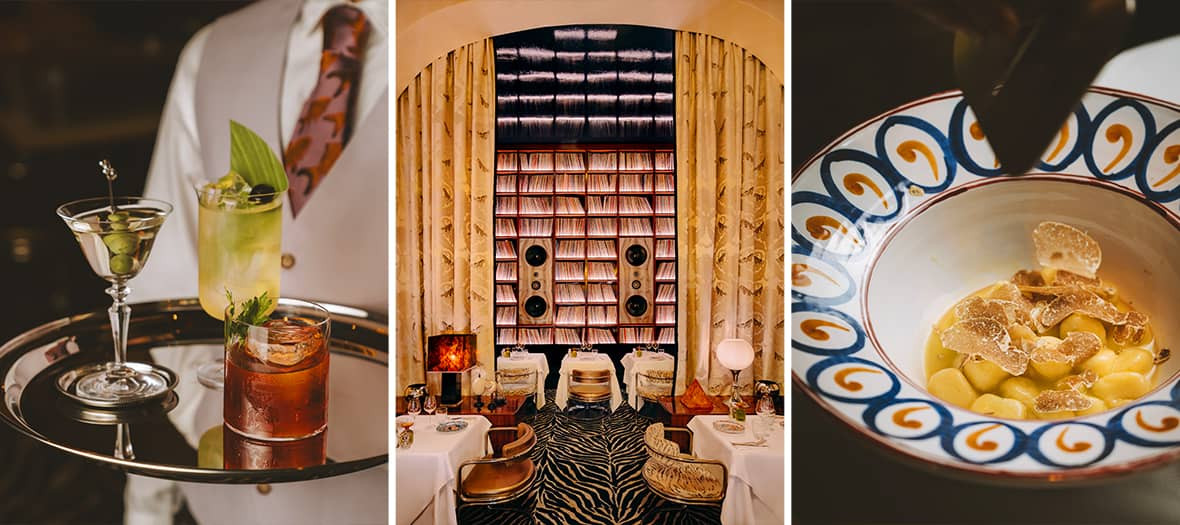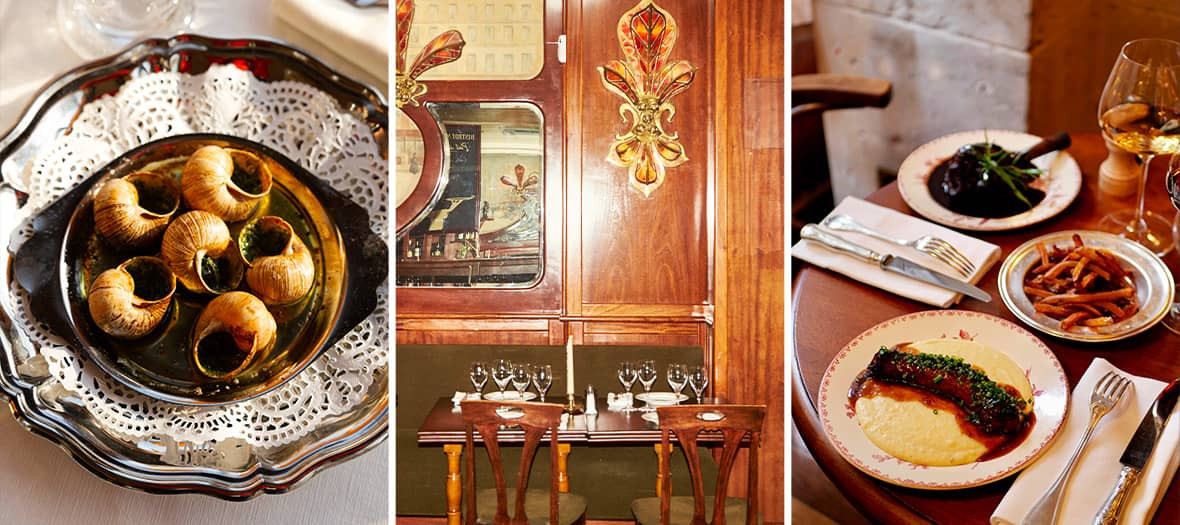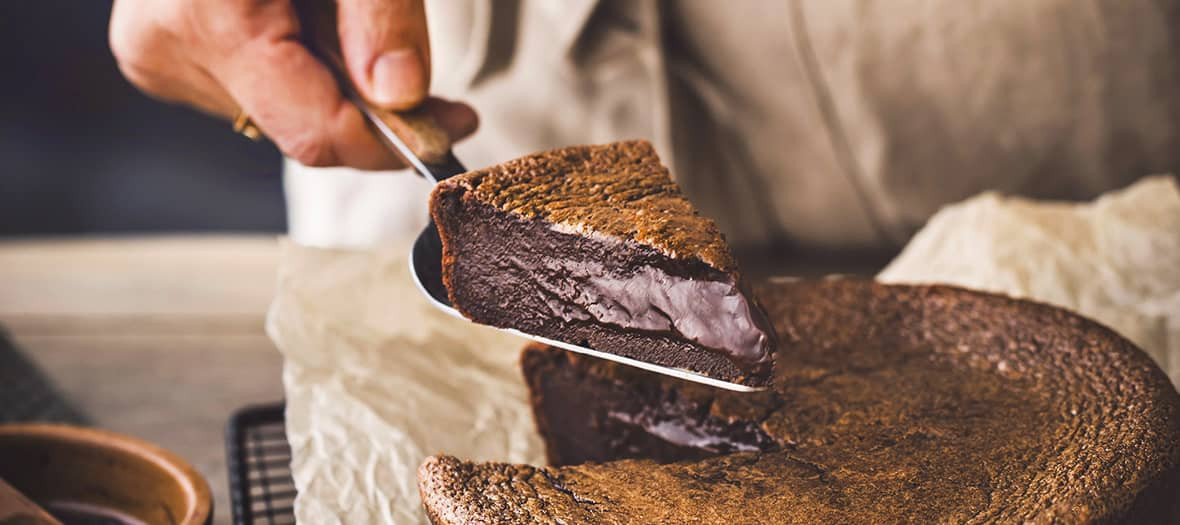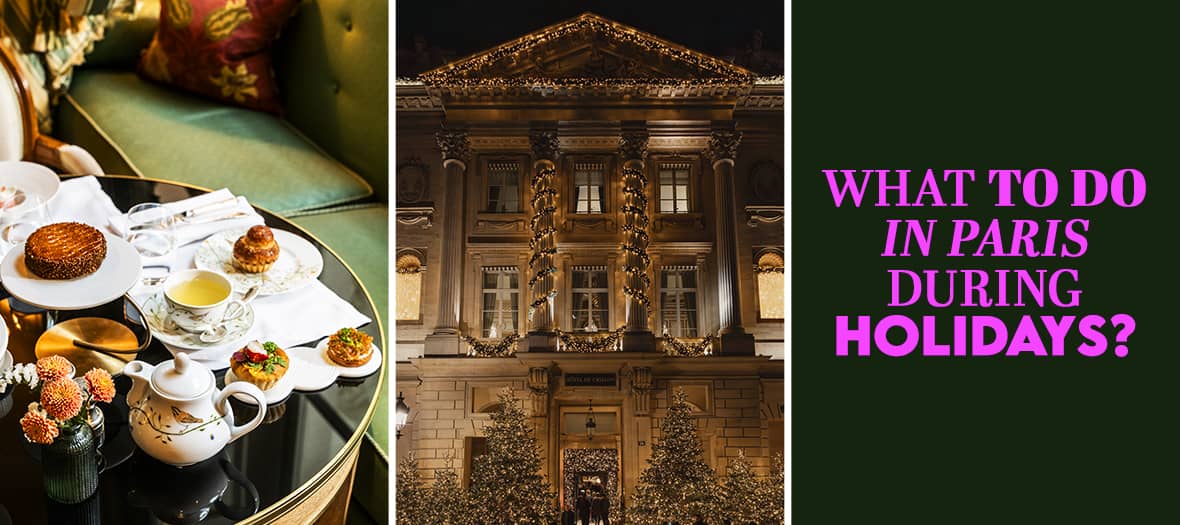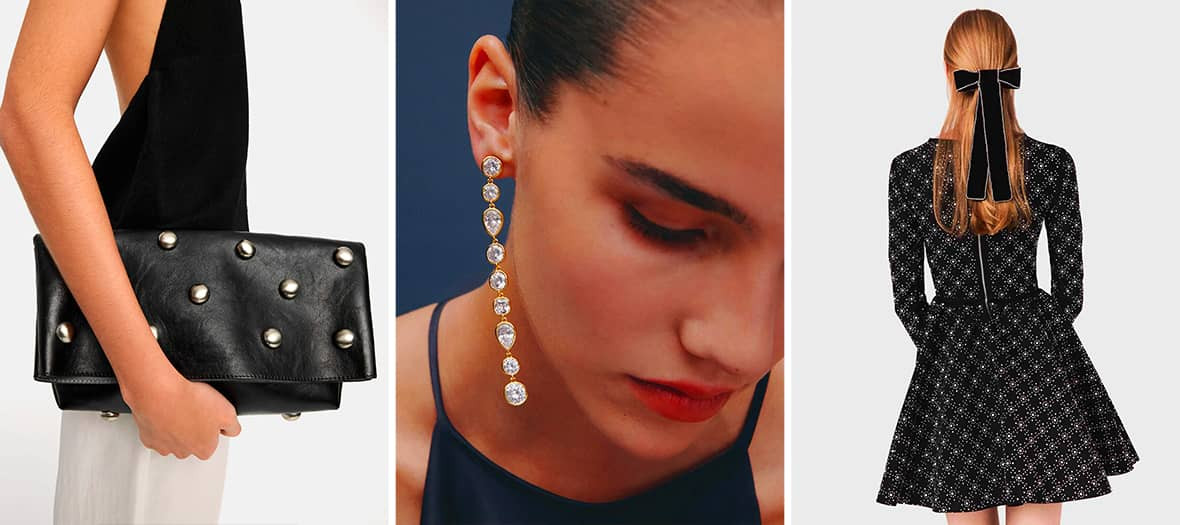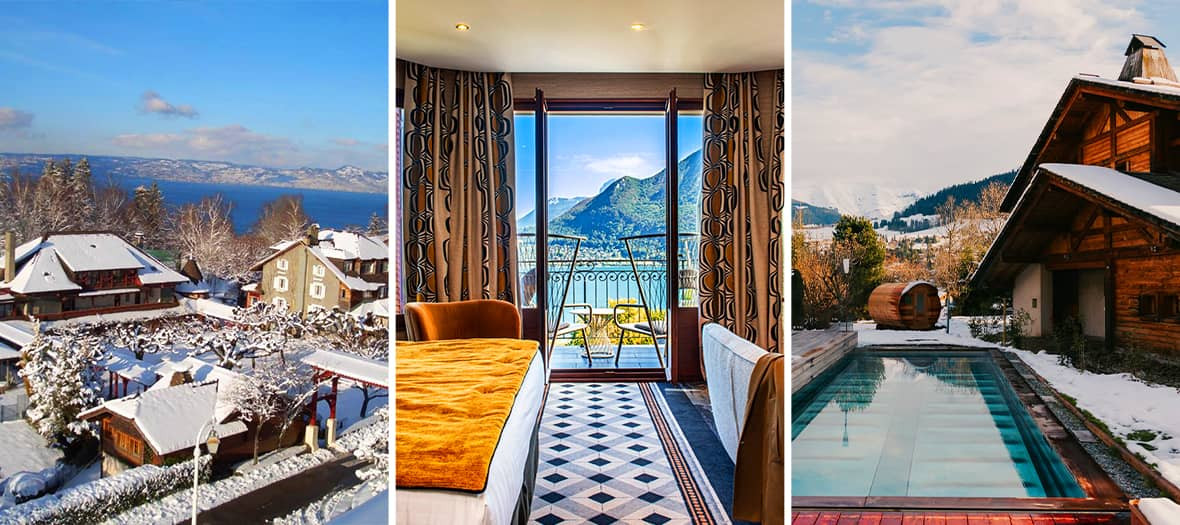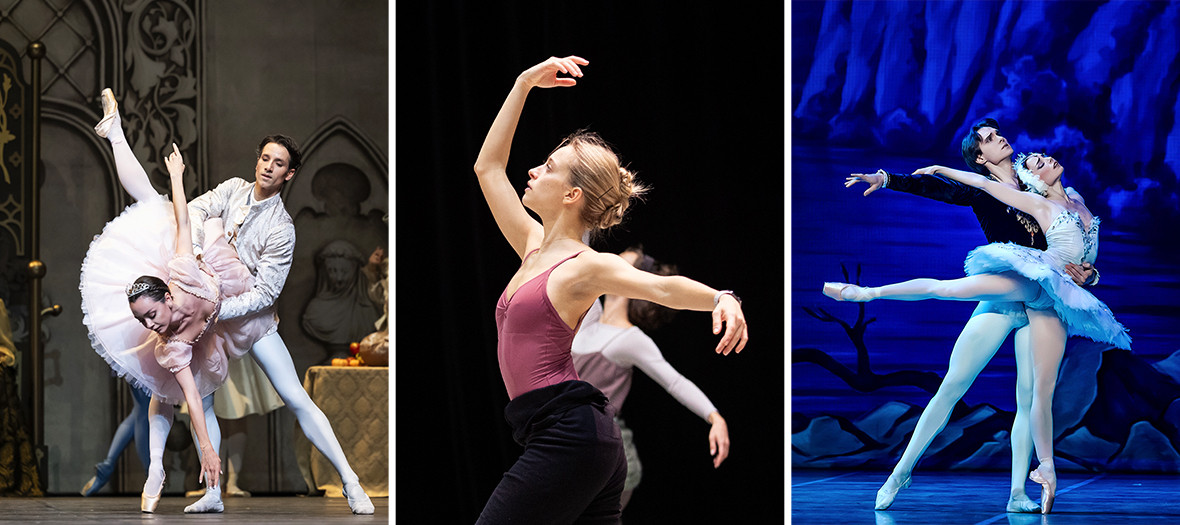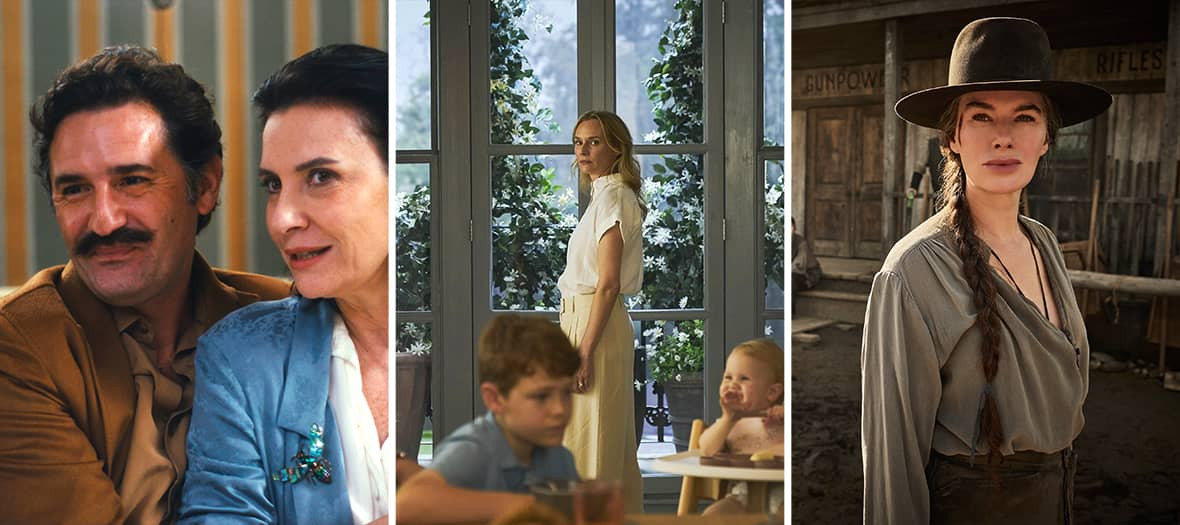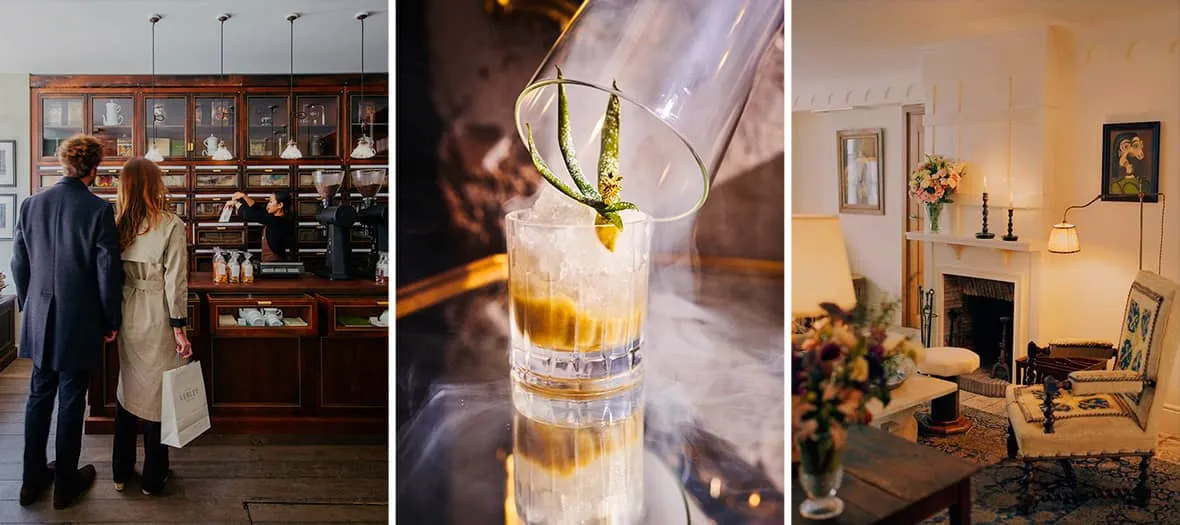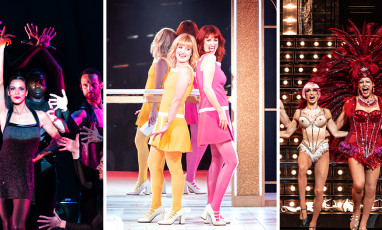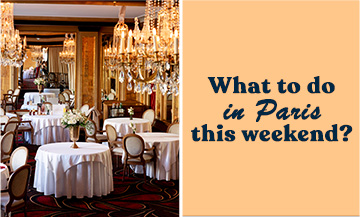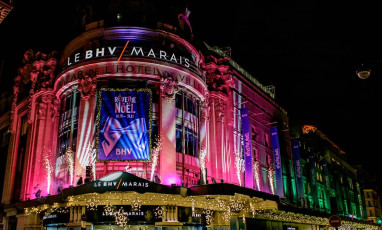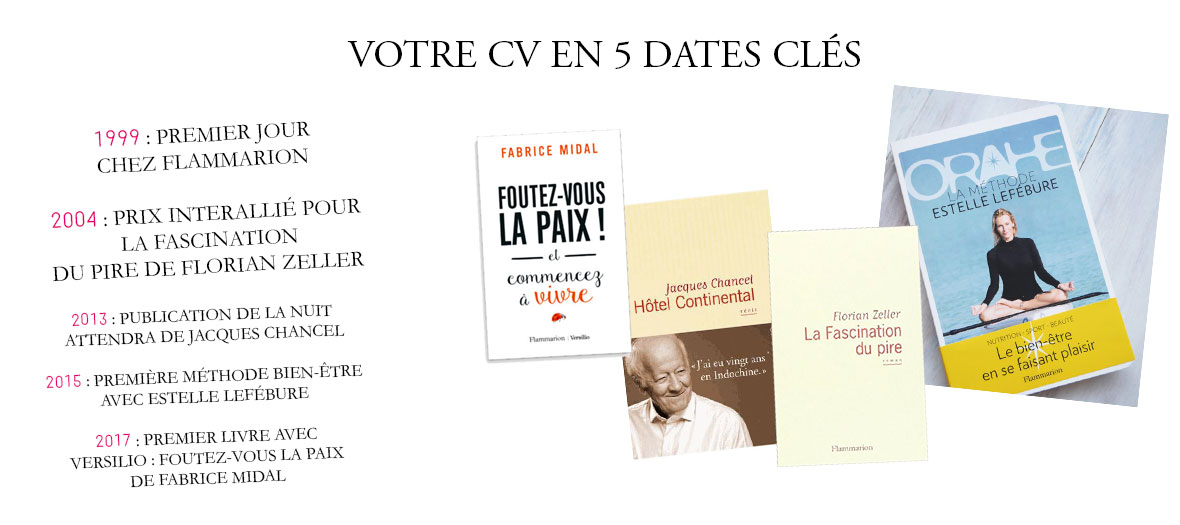
Figurehead of the new Saint-Germain, Guillaume Robert is without a doubt the most contemporary editor of his generation. The authors and the books of his stable, at Flammarion, are best-sellers in bookshops, often small gems amongst which one finds Florian Zeller, David Foenkinos, Simonetta Greggio, but also Estelle Lefébure and her wonderful Orahe method as well as other “comforting nuggets”, as we like to qualify them…
A marathonian dandy, Guillaume Robert enjoys reinventing genres, in keeping with his own aspirations. To wit: the literary director of Flammarion publishes novels as well as healthy manuals or editorial UFOs, juggling with his love for letters, a healthy life, positive reflexion. As Modern Boy, as he likes to qualify himself on his inspiring Instagram….
So what does an editor really do?
The primary function of an editor, is to be a“hunter”. Constantly with his ear to the ground. It is important to observe trends, fashion, being able to meet the desires of the readers. Being attentive. It’s part of the job.
The second role is to be a support worker. Listening to authors. Because an author is someone who doubts, is scared, looks for inspiration. The editor’s job consists in reassuring him, accompanying him in as much in writing the text as every day life—from the choice of a project to the cover of a book.
If you had to define your job?
I feel like an impresario. Old style! I help them just as much chose their new literary project, as the tie they will wear at gala dinner. I know just as much about my author’s books as their love lives.
Is it complicated to manage a writer?
The boss of the press office of Seuil at the time told me during my first internship: “Since you were able to take care of sick people (I had worked for free with Aids patients at the hospital), you will be able to take care of authors”. Somehow, I had learned my trade beforehand!
Editor at Flammarion… A trade that lots of people fantasize about. How did you get there?
I have a rather classic cursus. I studied Lettres Modernes at the Sorbonne, but did not want to be a teacher… So very early on I accepted internships in the literary world. I started at the Seuil, which I had called naievelly… because they had published One hundred years of solitude by Gabriel García Márquez. The phone operator, Nicole, passed me on to the press service: “There are not many guys there, I’ll put you through”. So I started like that three days later before moving on a few months later to editorial… The most difficult is getting your foot in the door... In addition, I was awarded a master of edition at the Sorbonne before my last internship at l'Olivier. Pure bliss, with all my favourite authors of the moment: Marie Desplechin, Christophe Honoré… All the people of my generation. Flammarion called me for a first job. A temp that was supposed to last 3 months. 18 years later, I’m still there.
Which "writer" did you discover?
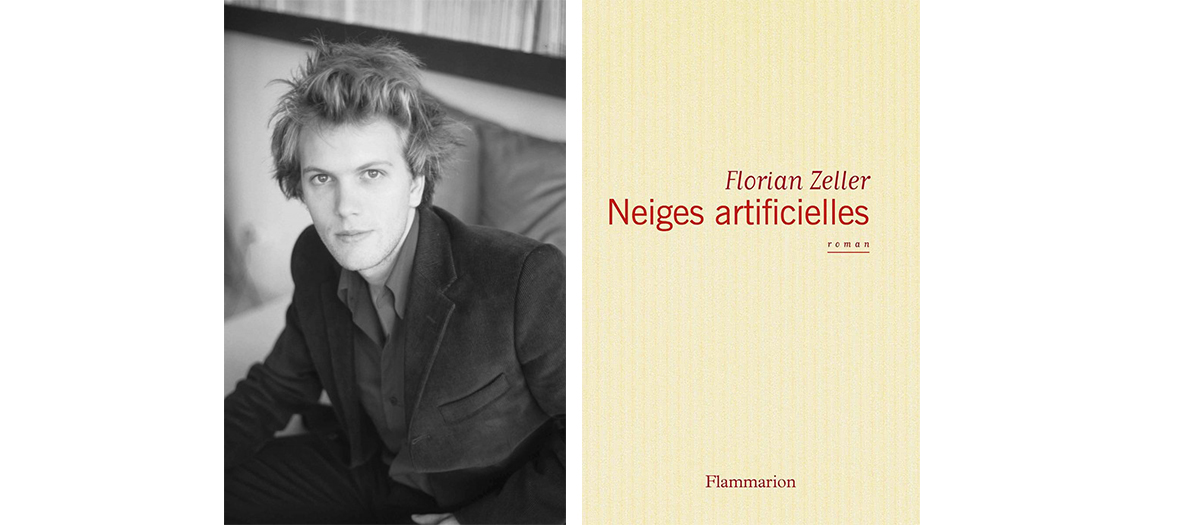
The first author I published was Florian Zeller, for his first novel called Neiges Artificielles, it won the Prix Interallié for La fascination du pire… he was 21; I was 27. It was really beginner’s luck. We met once, he gave me his text because he knew noone in the world of edition. I had an immediate heart-throb for his novel…
Thanks to this success, I was lucky to be able to publish in parallel to non-fiction (which I am in charge of at Flammarion) novels and authors such as Audrey Diwan, David Foenkinos, Thomas Lelu...
Can you become a writer without help?
When you are an editor, you feel like singularity, being surprised every morning.
My tip: it is important to include a letter that stands out from the crowds when you send in a text, to all the editors of Paris. It may seem formal, but if the manuscript a has a nice appearance, with a nice typeface such as “Garamond”, a pretty layout and a catchy title, sincerely you want to go there …
Of course pull helps. If a writer I admire recommends a text, of course I will look at it. But for a perfect stranger, if the subject looks tops and the title is mysterious, we will look at it. It does not happen everyday, but it’s the heart of our trade.
Prix Goncourt, Fémina, Flore... The machine of literary prizes : a huge marketing operation or a very French ode to reading ?
It’s an ode to books. Such as the Salon du livre book fair… In more glamour. An occasion, once a year, to speak of literature every morning on the radio, and to have a writer on the 8pm news. And that’s not just business. It’s also an occasion to put a big spotlight on literature.
So what is your favourite literary prize?
I have a weakness for the Prix de la Closerie des Lilas because it’s only gals and it takes place in the Spring! (laughs) The prizes are very masculine. It’s nice to see prizes with women, especially nowadays!
The novel of the new literary season that is a must read?
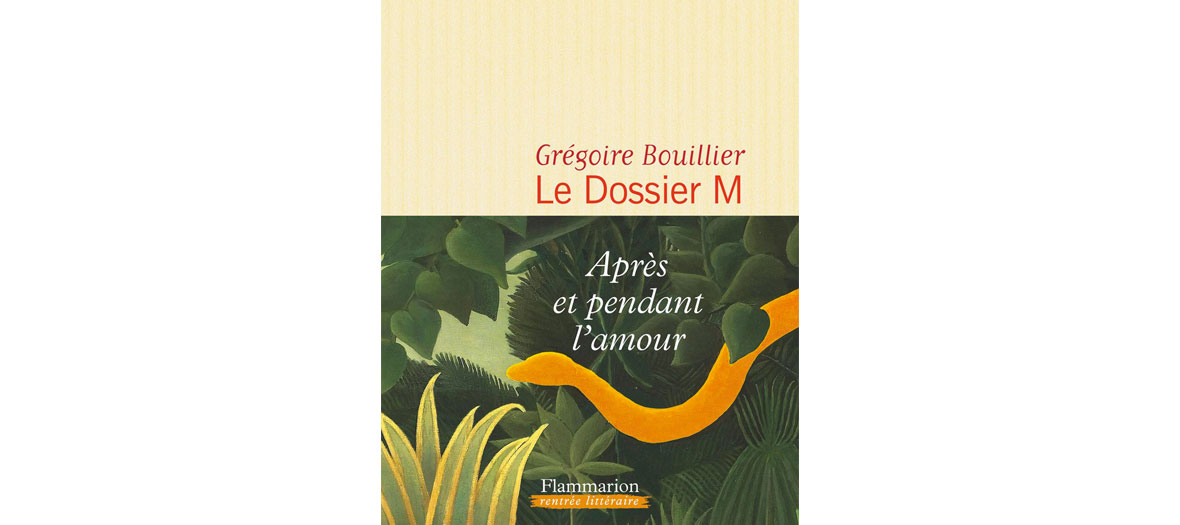
Le dossier M by Grégoire Bouillier, an author of genius who just received the Prix Décembre. It’s a wild project of 880 pages, a new Belle du Seigneur: the unravelling of a love story.
Le dossier M by Grégoire Bouillier published by Editions Flammarion
Your latest heart-throb?

Chez Lattès : Summer. I am wild about this book and the author. It’s everything I love.
What does one say to people who think paper is no longer in the running?
Paper or no paper, my editor project is the same: offering quality books to readers. If people consider that the 880 pages of the Dossier M novel are too heavy to carry in their bag and prefer to read it on a tablet, that’s fine. For my part, I remain attached to paper, especially since I’m in the bookshops business. Books remain the n°1 gift of the French. The paper book is far from being defunct and digital book figures are not doing that well in France. The market did not explode. As a matter of fact, do you really know people who read on Kindle?
One rean into Aragon, Apollinaire, Sartre or de Beauvoir… Who has replaced them at Café de Flore in 2017?
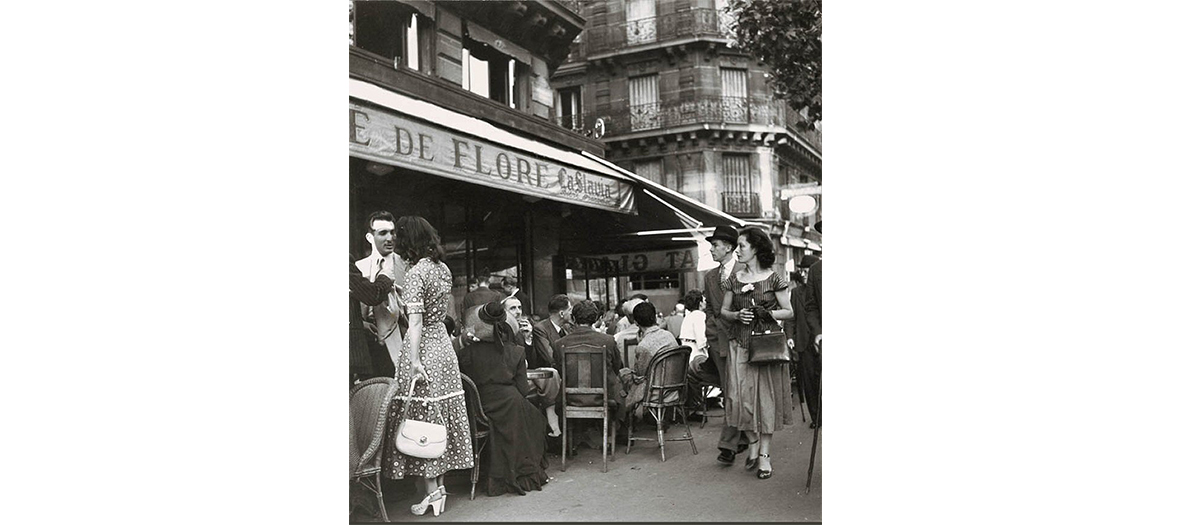
© Robert Doisneau
The place where one is sure to meet a personality from the literary world is still Café de Flore. For my part, the Café de Flore where I go with my authors, my friends, is Le Hibou, my QG.
On a wider scale, I think the new Café de Flore is Instagram. It’s a window display of inspirations, encounters.
The literary success that impresses you?
The success of comforting feel-good books which I call auto-development. It’s really a strong trend that goes from well-being to health, including meditation or nutrition.
This year my big success was a book called Foutez-vous la paix (Leave yourself alone). Bull’s eye. It’s very rejoicing to make useful books that are read.
What continues to excite you in this trade?
The codes have changed. Just like creativity between the cinema and TV series, it’s possible to produce hybrid books that could deal with personal development, but that are in fact novels, light comedies but that speak in fact of rather metaphysical subjects… Everything needs to be reinvented, and that’s super motivating.
The books to read in your life
